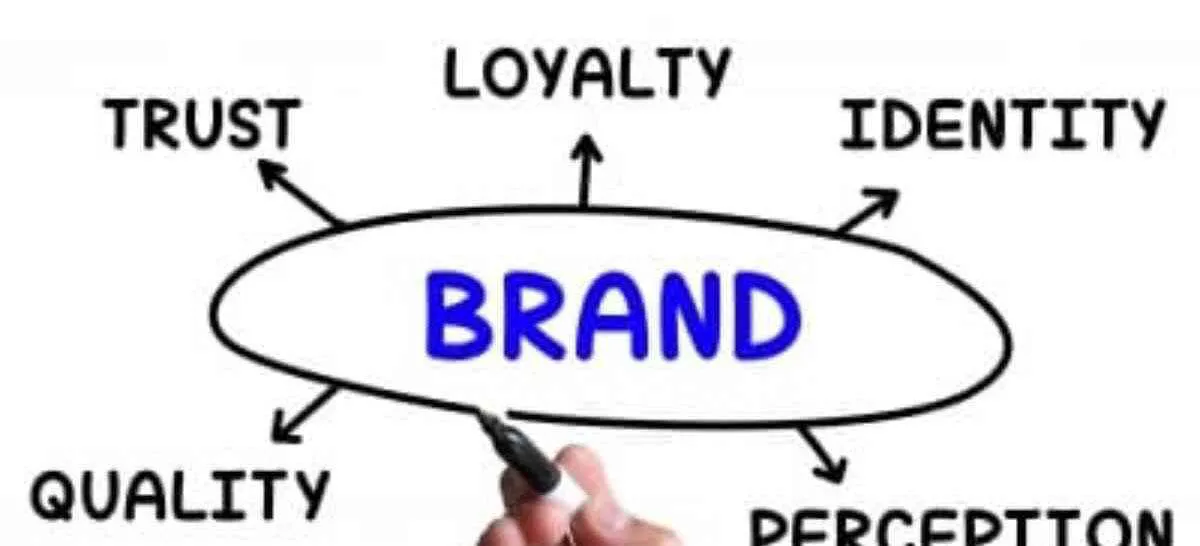In the realm of branding and marketing, a pivotal concept takes center stage: the “brand promise definition.” This term encapsulates the core values and commitments that a brand offers to its customers, shaping their expectations and perceptions. But what exactly does the brand promise definition entail, and how do linguistics and semiotics play a pivotal role in shaping this crucial aspect? In this article, we dive into the intricacies of brand promise definitions and explore how linguistics and semiotics wield a significant influence in their formulation and communication.
Decoding the Brand Promise Definition
At its essence, the brand promise definition represents the pledge a company makes to its audience. It encompasses the products or services a brand provides, the emotional resonance it evokes, and the value it consistently delivers. A meticulously crafted brand promise definition resonates deeply with customers, fostering trust, loyalty, and a unique identity amid a competitive market landscape.
The Power of Linguistics
Linguistics, the scientific study of language and its structure, emerges as a potent tool in fashioning a brand promise definition. Every single word, phrase, and sentence employed in branding materials carries layers of meaning beyond their literal interpretations. The language a brand employs possesses the remarkable capability to stir emotions, convey its core values, and establish a distinctive brand persona.
Consider Apple’s emblematic brand promise definition: “Think Different.” These two succinct words wield substantial influence. They ignite a spark of innovation, champion individuality, and advocate for breaking away from the conventional. The choice of these words isn’t arbitrary; rather, it’s a strategic linguistic maneuver that encapsulates Apple’s foundational philosophy and resonates profoundly with its target audience.
Semiotics: The Language of Symbols
Semiotics, the field devoted to the study of signs and symbols and their interpretation, holds a pivotal role in the realm of branding. Brands often harness visual symbols, logos, and color palettes to convey intricate concepts swiftly and effectively. These symbols become synonymous with the brand’s identity and its brand promise.
The classic example of effective semiotics is Nike’s iconic Swoosh. This minimalist checkmark doesn’t merely signify a sports brand; it symbolizes determination, accomplishment, and the spirit of pushing one’s limits. This symbol converses in a universal language, transcending linguistic boundaries and effectively communicating the brand promise definition to a global audience.
The Fusion of Linguistics and Semiotics
The true magic unfolds when linguistics and semiotics harmoniously converge to articulate a brand’s promise definition. Ponder over Coca-Cola’s timeless tagline, “Open Happiness,” seamlessly paired with its instantly recognizable red and white logo. In this instance, the linguistic assurance of joy and refreshment intertwines harmoniously with the semiotic potency of color and design, creating an all-encompassing brand experience.
Crafting a Coherent Brand Identity
For a brand promise definition to wield its full impact, it must weave through every facet of a brand’s identity. From web content to advertising campaigns, from packaging aesthetics to customer interactions, the promise should resound consistently and cohesively. Linguistics and semiotics ensure that the brand promise resonates accurately across diverse touchpoints, culminating in the construction of a unified brand identity.
In Conclusion
Amid the ever-evolving landscape of branding and marketing, the brand promise definition emerges as a guiding star, steering a brand’s trajectory and forging deep connections with customers. Linguistics and semiotics arise as influential tools that bridge the chasm between conceptual promises and tangible encounters. By harnessing the potency of language and symbols, brands can etch a lasting impression, cultivating relationships that surpass mere transactions – they cultivate trust, loyalty, and enduring emotional bonds.

